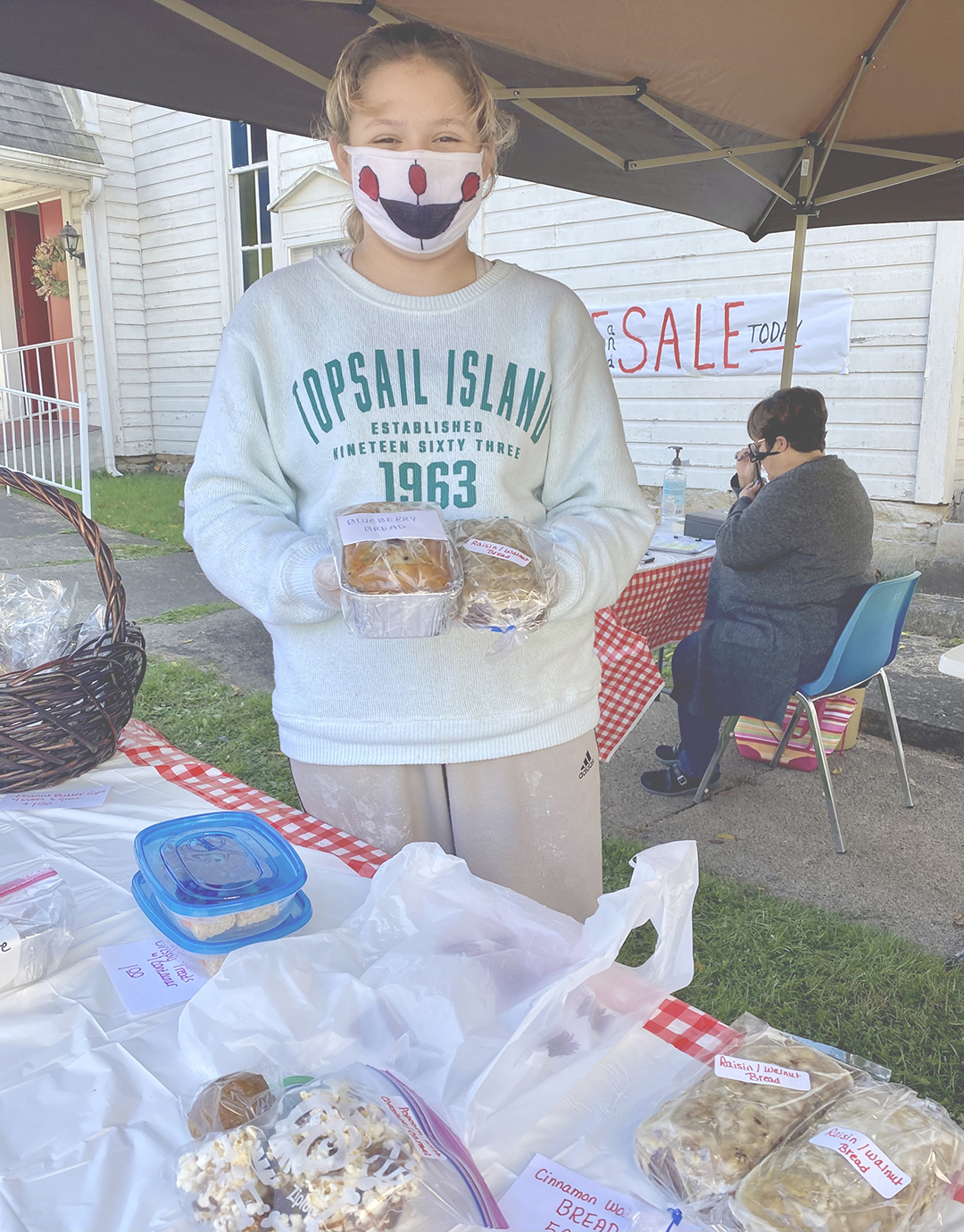Methodists were ready to be good disciples in colonial America – there were souls to be served as religious freedom and circuit riders followed settlers into the frontier. John Wesley (1703-1791) was an Anglican minister in Britain with a vision that suited those who had loosened the bonds of the predetermined hierarchy in that era’s Christian orthodoxy. Christianity Today notes that Wesley argued that “Christians could enjoy entire sanctification in this life: loving God and their neighbors, meekness and lowliest of heart…” Younger brother Charles would go on to write more than 6,000 hymns and Methodists became known for their joyful voices. They made it to America and found a place for themselves in the hearts and the homes on the frontier. Good neighbors, after all, are a blessing. “Do all the good you can, by all the means you can in all the ways you can, in all the places you can, at all the times you can, to all the people you can as long as ever you can,” Wesley implored his followers. Two centuries and counting later I’m here at a rigatoni dinner and bake sale in the parking lot of Blacksville United Methodist Church, ready to learn what being a good neighbor in today’s world is all about.
Twelve-year-old Miley Stewart’s mask, “At school we all get white masks,” has a hand painted smile and I’m grinning behind mine as she bags my takeout – homemade nut and blueberry breads and one pumpkin gob smack. Cars are pulling in for curbside pickup of the dinners being prepared downstairs. Legend has it that a log cabin serving as a school and meeting house sat to the left of the present church before the first church was built in 1851. Sunday school records date back to 1857 and today’s white wooden church with its classic gingerbread trim was built in 1896.
“This is my fourth year on the Blacksville Charge.” Pastor John Brosby is the designated parking attendant today as friends, neighbors and members of Olive, Miracle Run and Wana churches stop by for the fundraiser then stay to catch up on how life is going under the lockdown.
“’Be safe’ is our first priority,” Pastor John tells me. The church closed in the beginning but now people come if they choose. The pews are taped, people stay six feet apart and masks are worn. And there are options. “I have an FM receiver. You can sit in the parking lot and listen.” Services are recorded, uploaded to YouTube and linked to the church Facebook page: Blacksville Charge Announcement Page.
“You can tell we’re really glad to see each other,” youth leader Tara Tennant from Olive Church tells me as she shops for the perfect hand made designer apple on a stick. Her last youth meeting was in March “and we decided to wait awhile before doing things together.”
The youth group does more than meet every third Sunday at 6 p.m. Tara organizes the fun and games of a happy childhood – sleepovers, camp outs and doing things to help others. Today a handful of youth are delivering meals to the cars and bagging the homemade goodies the Ladies Auxiliary have cooked up.
These are things the kids can’t wait to be doing again, along with volunteering face to face in the community. In school there is still a role for older youth to play as kids age out of having to go to church with the family. “Our biggest blessing is how many seniors we still have in high school for the younger ones to look up to. They’re our hands and feet.”
And then there’s the Famine – a 30-hour annual fast taken by senior youth that starts on a Friday after lunch and is broken with breakfast on Saturday morning. It’s an all night gathering at the church for movies, games, prayers, holding signs to get passersby to Honk for Hunger and realizing what hunger feels like and what can be done about it by those who love their neighbors.
“Parents can’t believe their kids can do it and the younger ones can’t wait to do it!” Tara tells me, “We’re hoping to do it sometime this year if we can do it safely.”
Blacksville services are every first third and fifth Sunday starting at 9:30 a.m.
